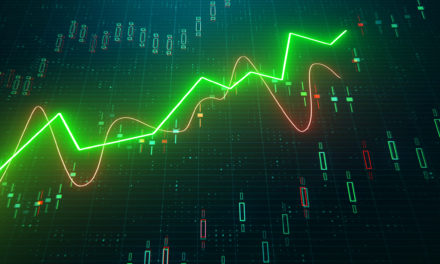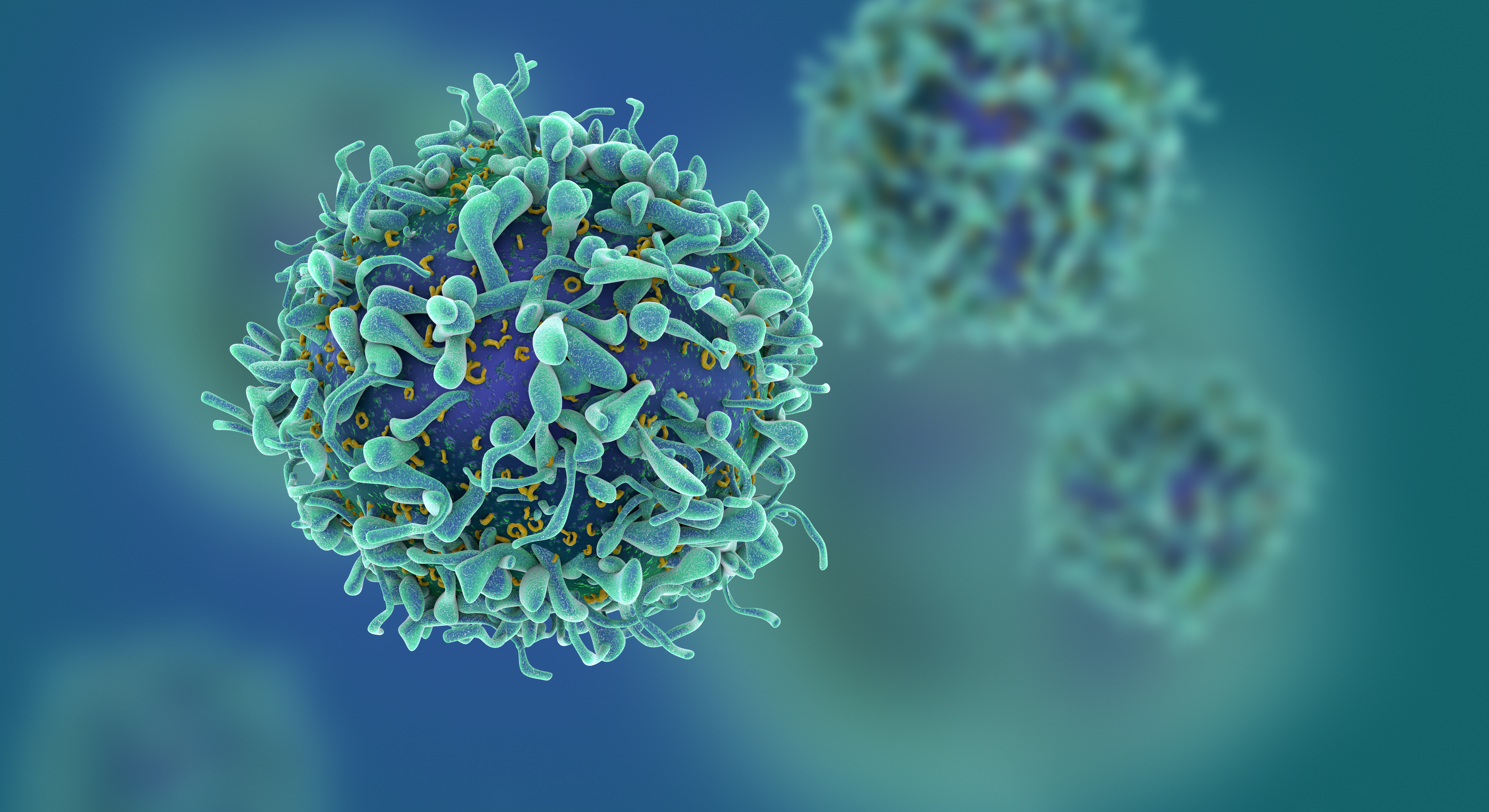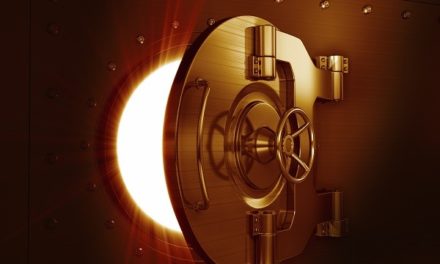
“When we own portions of outstanding businesses with outstanding managements, our favorite holding period is forever.”
— Warren Buffett
One of the most important things investors can learn from Warren Buffett, is about how they approach their time horizon for an investment into a stock under consideration. Because immediately after buying shares of a given stock, investors will then be able to check on the day-to-day (and even minute-by-minute) market value. Some days the stock market will be up, other days down. These daily fluctuations can often distract from the long-term view. Today, we look at the result of a two-decade holding period for an investor who was considering Bristol Myers Squibb Co. (NYSE: BMY) back in 2004, bought the stock, ignored the market’s ups and downs, and simply held through to today.
| Start date: | 01/12/2004 |
|
|||
| End date: | 01/09/2024 | ||||
| Start price/share: | $29.53 | ||||
| End price/share: | $51.28 | ||||
| Starting shares: | 338.64 | ||||
| Ending shares: | 715.55 | ||||
| Dividends reinvested/share: | $30.08 | ||||
| Total return: | 266.93% | ||||
| Average annual return: | 6.71% | ||||
| Starting investment: | $10,000.00 | ||||
| Ending investment: | $36,665.44 | ||||
As shown above, the two-decade investment result worked out well, with an annualized rate of return of 6.71%. This would have turned a $10K investment made 20 years ago into $36,665.44 today (as of 01/09/2024). On a total return basis, that’s a result of 266.93% (something to think about: how might BMY shares perform over the next 20 years?). [These numbers were computed with the Dividend Channel DRIP Returns Calculator.]
Notice that Bristol Myers Squibb Co. paid investors a total of $30.08/share in dividends over the 20 holding period, marking a second component of the total return beyond share price change alone. Much like watering a tree, reinvesting dividends can help an investment to grow over time — for the above calculations we assume dividend reinvestment (and for this exercise the closing price on ex-date is used for the reinvestment of a given dividend).
Based upon the most recent annualized dividend rate of 2.4/share, we calculate that BMY has a current yield of approximately 4.68%. Another interesting datapoint we can examine is ‘yield on cost’ — in other words, we can express the current annualized dividend of 2.4 against the original $29.53/share purchase price. This works out to a yield on cost of 15.85%.
One more piece of investment wisdom to leave you with:
“Your success in investing will depend in part on your character and guts and in part on your ability to realize, at the height of ebullience and the depth of despair alike, that this too, shall pass.” — Jack Bogle




